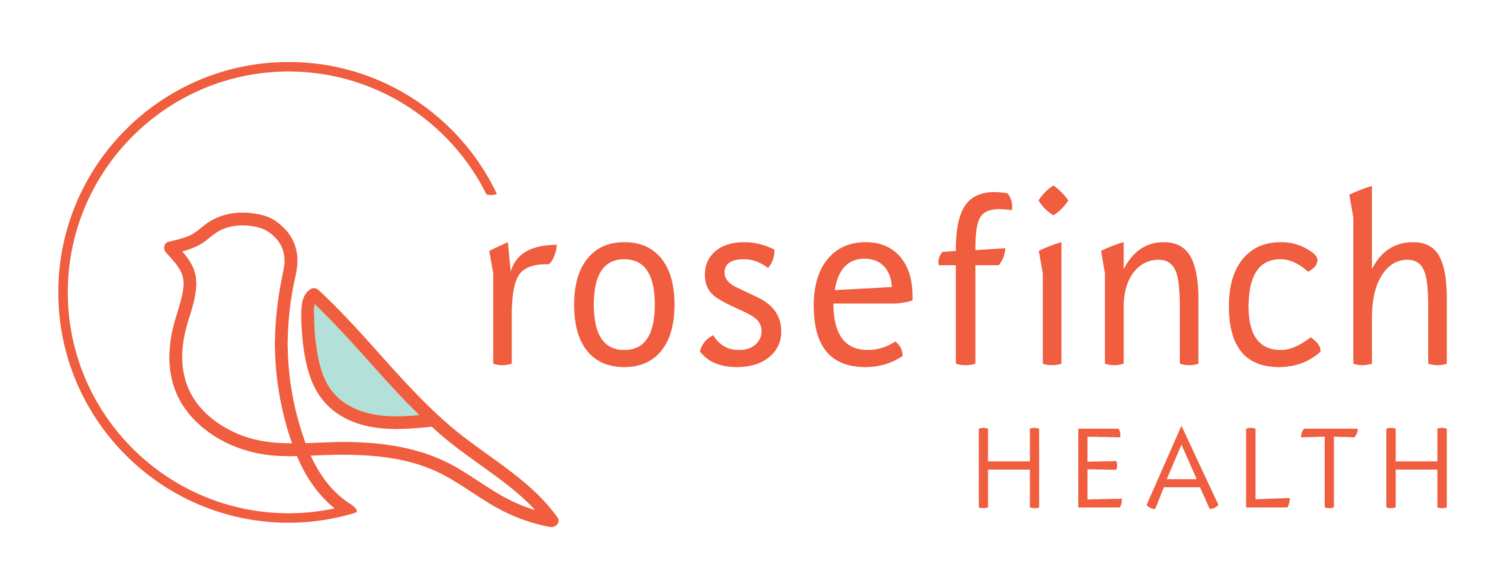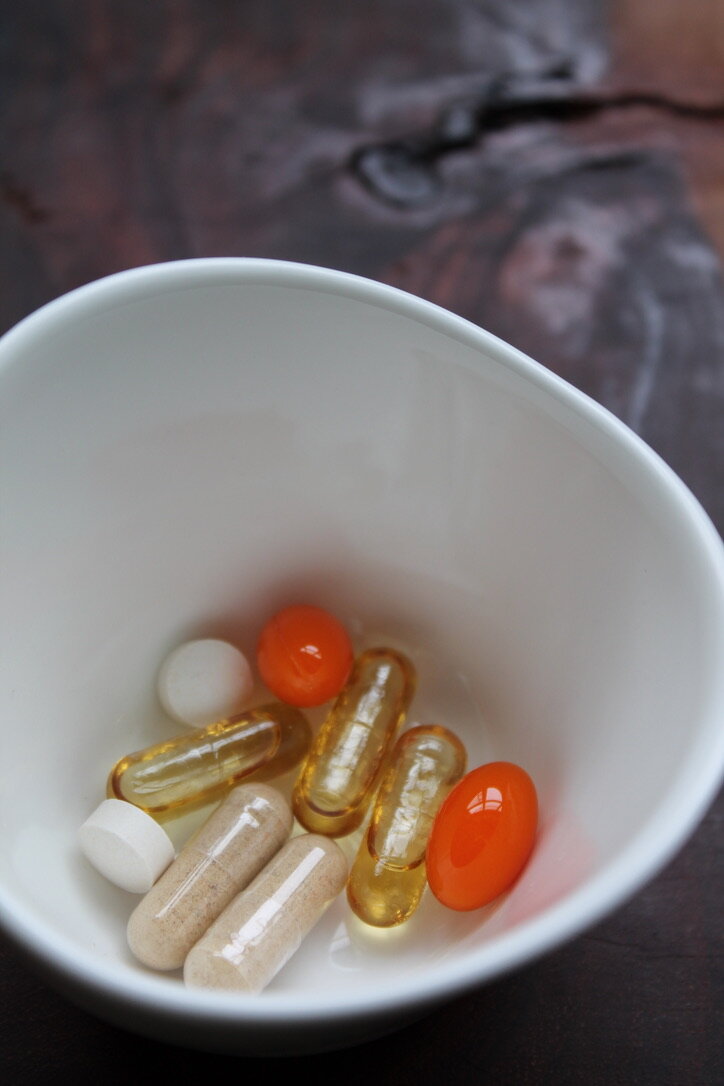Does NMN improve egg quality?
To have a healthy pregnancy, we need healthy eggs. Egg quality is an essential contributor to fertility and fecundity. We know we can't increase the number of eggs we have but are there ways to improve egg quality? One strategy to boost egg quality has been to look at different nutrients as potential therapy. NMN (nicotinamide mononucleotide) is a nutritional supplement and precursor of NAD+ (nicotinamide adenine dinucleotide). Egg quality declines with age. We also know that NAD+ stores decline and induce a cascade of effects from mitochondrial dysfunction affecting multiple organs, including ovaries, in humans and mice. In studies, NMN effectively reduced the severity of many age-related diseases in rodents fed the supplement. Based on these findings, daily NMN supplementation is hypothesized to enhance NAD+ availability and could be an efficient, cheap therapy for age-related diseases like infertility.
To find out, researchers from the University of Queensland, Australia, investigated this question by providing a small, daily dose of NMN to older mice over four weeks to determine if the supplement improved egg quality. In their study, the authors found that NMN reversed the impact of aging on egg quality and increased fertility in mice and did not harm offspring. These results are exciting as there are currently no other therapies known to reverse the aging of eggs in humans. It is especially relevant as more people delay conception to an age when egg quality markedly declines. Our risk for aneuploidy—genetically abnormal embryos—increases while simultaneously the likelihood of carrying a pregnancy to term or delivering a child decreases.
These research findings are exciting and hopeful toward a simple supplement that could reverse aging effects on egg quality. Unfortunately, the study did not establish efficacy in humans to improve egg quality – only mice. While indeed promising, this study provides preclinical evidence strongly suggesting further research is needed to learn if the mice's findings also translate to humans. At this time, we do not know if any NAD+ precursors like NMN would be equally successful in humans, nor do we know the appropriate dose or duration of treatment to improve outcomes. The authors also pointed out notable limitations to their study: they did not look at the influence of Reactive Oxygen Species (oxidative stress) or the G6PD activity (a marker of glucose metabolism), which can significantly impact egg quality.
Studies of NMN's impact on aging suggest it is a safe nutrient when taken for short periods. But to be clear, the research is predominately underwritten by the same companies that manufacture the supplement. And, the studies have fewer participants of healthy adults over 50 years old. NMN showed benefit in mice in this preclinical study, which is an important finding and the first step in this nutrient's scientific inquiry. But we do not know if these results will translate to humans, nor do we know the human NMN dose needed to reproduce the effects found in mice. We are also unclear about how long one should take the supplement. While we always see the statement, "more research is needed," it is especially true whenever astounding results in an animal study and no human studies yet exist. We expect this strong signal of NMN benefit to egg quality will likely trigger more studies in humans.
What can you do now to help improve your egg quality? We have other ways to support you in your journey to parenthood. Contact me to learn ways to optimize your egg quality and fertility.


